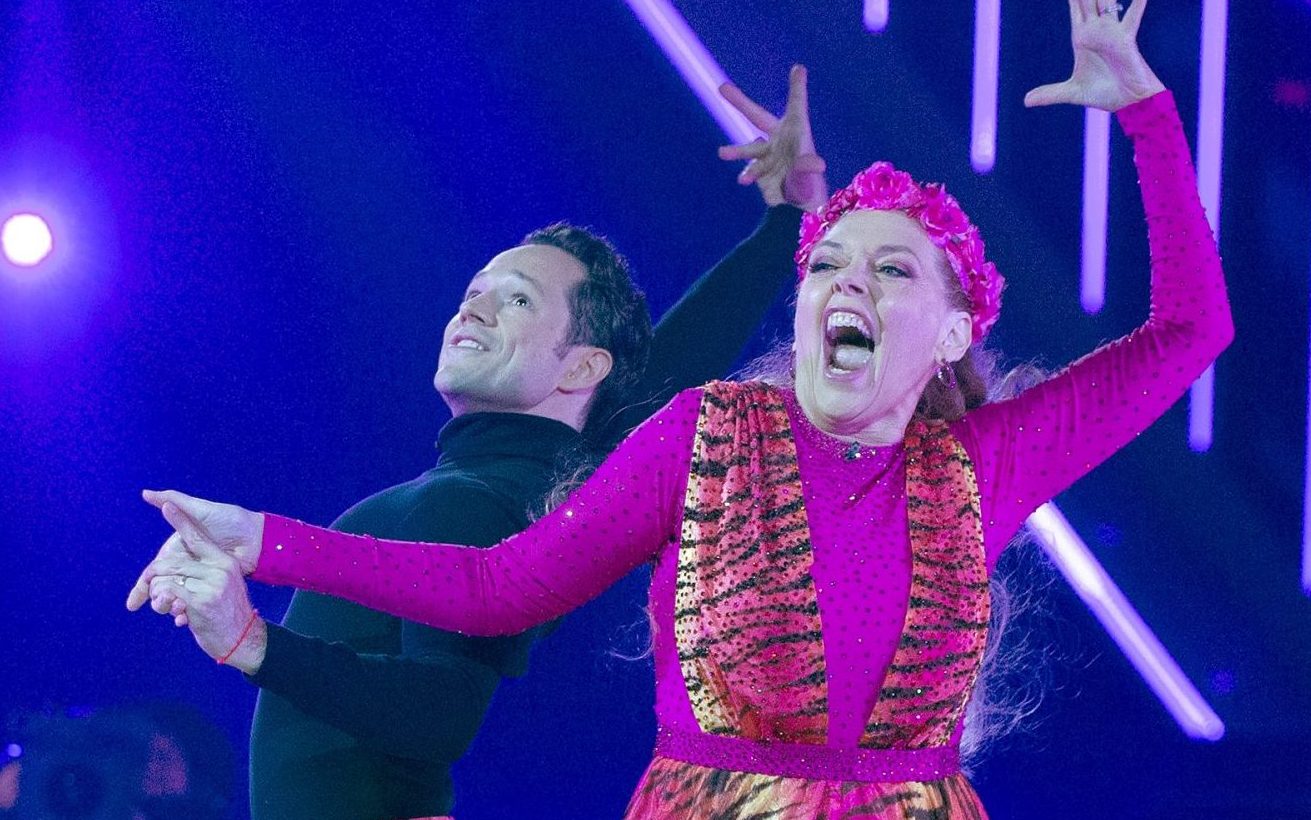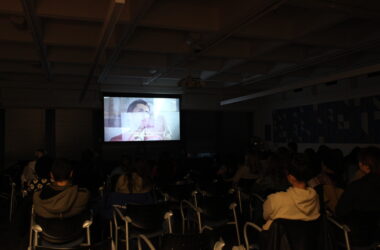“Dancing the Paso Doble with her partner, Pasha, it’s Carole Baskin!” boomed the faceless announcer of Dancing With The Stars.
Cheers and literal roars erupt as the camera pans to a man in a cage, then, to a woman opening it. As the opening chords of Survivor’s “Eye Of The Tiger” play, big-cat activist Carole Baskin begins to dance. This occurs only moments after the commercial break, when an ad aired that implicated Baskin in the disappearance of her then-husband, Don Lewis. The ad, paid by Lewis’s family, asked the public for any information they could provide to confirm Baskin’s guilt.
Propelled to infamy this past March, Baskin is best known as the main antagonist of the Netflix docu-series, Tiger King: Murder, Mayhem, and Madness. Centered around Joe Exotic, former zoo operator and “Tiger King,” the show anchors its narrative on his feud with Baskin. When Baskin accuses Exotic of animal abuse, he retaliates, accusing her of murdering her husband, Don Lewis, in 1997. Although Baskin was never convicted, the arguably biased docu-series offers evidence framing her as a murderer.
Insidiously, it is likely due to an apparent public consensus that Baskin murdered her husband that the controversial animal rights activist secured a spot on Dancing With The Stars. During her debut on the show, Baskin overtly capitalized on her big-cat-enthusiast persona by dressing in tiger print and dancing to the aptly titled “Eye Of The Tiger.” Judge Derek Hough even referenced her position in pop culture to compliment her dance moves.
“Carole Baskin: Ya danced that paso, ya smashed it,” Hough applauded.
This was in reference to an online trend that perpetuated the image of Baskin as a murderer. The original words, as written by TikTok user @calebjaxin, are “Carole Baskin: Killed her husband, whacked him.” Hough acknowledged that Baskin is a suspected murderer, yet made light of this supposition. This calls into question why a major television network such as ABC would allow an informally suspected—albeit, not formally convicted—murderer to have such a prominent platform.
One could argue that the evidence presented in Tiger King is not enough to merit a conviction. Yet, it is important to consider a key perspective in the informal case of Baskin v. Lewis: That of Don Lewis’s family, who continue to grieve Lewis’s disappearance. In the advert, Lewis’s three daughters, former assistant, and family attorney plead for closure.
“We are a real family,” Gale Lewis said, looking straight at the camera.
This statement shatters pop culture’s macabre vision of Carole Baskin as merely a comedic villain residing in our television screen, revealing the decades-long grief of a real family.
“[Don Lewis’s] family deserves answers. They deserve justice. Do you know who did this, or if Carole Baskin was involved?” asks family attorney John M. Phillips.
Ultimately, it is not the job of television networks, video apps, or their consumers to pass judgement on this case. It is important, however, to remain mindful of whether a network should drive viewership by giving a reality TV show spot to an individual with Baskin’s notorious reputation—especially at the expense of a distressed family. Offering a platform to someone whose public persona is almost entirely based upon a suspected murder dismisses the gravity of a missing persons case.
Viewers must consider all perspectives in a story and challenge the mediums allotted to individuals. It is imperative, for instance, to examine whether Baskin would be on Dancing With The Stars if she were a man meme-ed for murdering a woman, or if it is ever ethical to profit off of someone’s grief.
Regardless of which answers resonate the most, one must remember: We can laugh at the absurdity of big-cat drama, but not at the disappearance of a real person.









